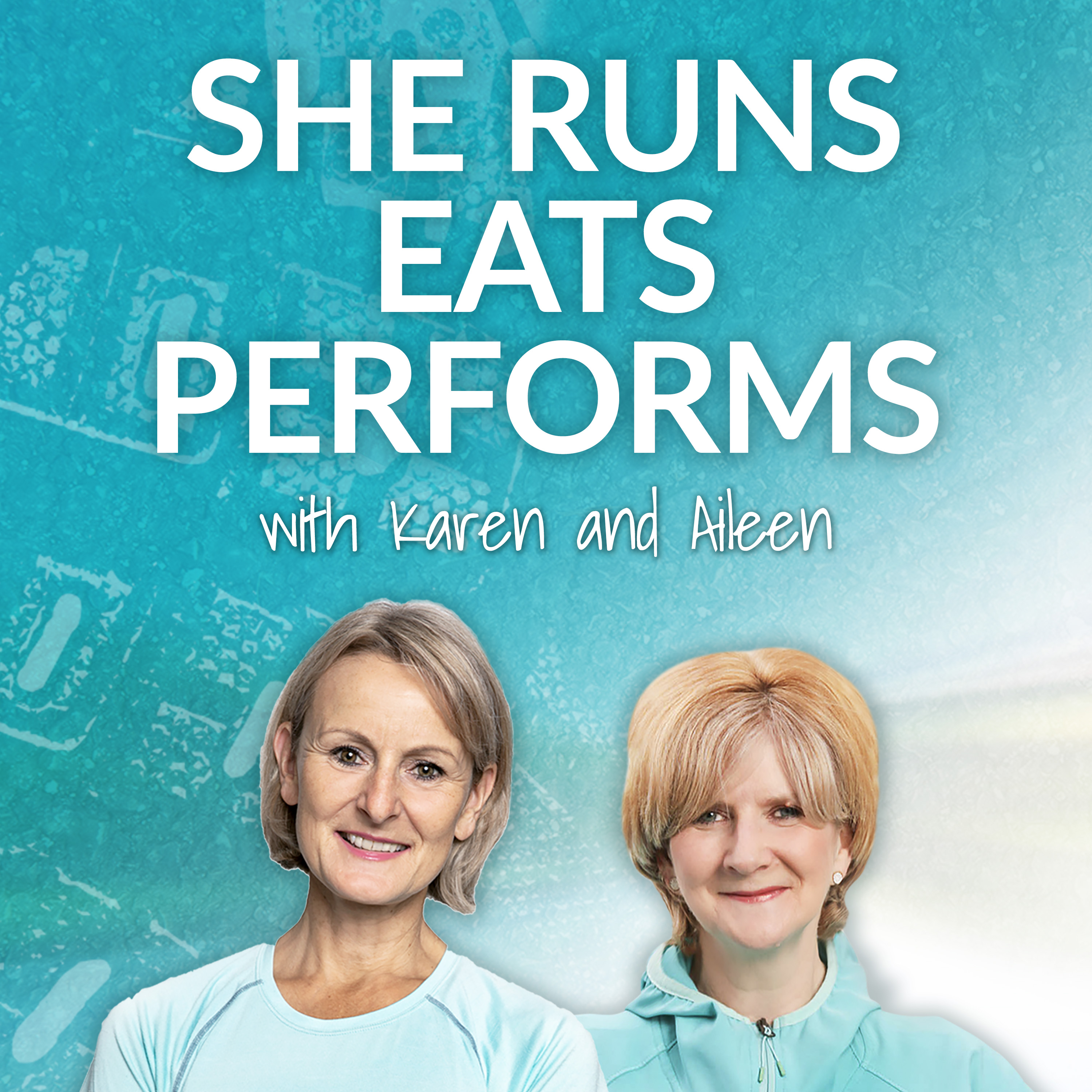Runners Toilet Troubles
Digestive distress or Runners Gut affects many endurance runners.
Inconsistent digestive health can be a major disruptor to run training and races. It can lead to anxiety, poor performance and impact on our enjoyment of running.
You may be someone with no history of digestive problems, but something may have triggered change, which results in the disruptive digestive symptoms.
Runners may be regularly experiencing constipation or diarrhoea and loose stools or perhaps having urgency to go. Symptoms may be due to underlying health issues, nutrition or aggravated and triggered by running.
Often people make jokes about this topic, perhaps as a defence mechanism, but it’s really no joking matter, and there are ways you can resolve underlying digestive issues.
If you’ve been putting up with digestive issues and managing symptoms around your run training, it’s worth considering how you may take action to help alleviate those symptoms and disruptions.
Endurance running alone may contribute to digestive distress, however if you have poor gut health in general then it’s likely that endurance running will exacerbate symptoms so our aim today is to help you understand why you may have a problem and what you may do to get to the root of the problem and take action to resolve it.
We’ll talk about:
1. How and Why Endurance Running Affects Digestive Health
2. Constipation and diarrhoea – what may be contributing to it and how you can alleviate these digestive issues
3. Managing food triggers
Download our FREE E book TOP Running Snacks and Nutrient Timing to Fuel Peak Performance
SHOW NOTES
(06:06)
We are all aware the endurance running creates a physical stress on the body and that includes the digestive system. The areas to consider are physiological and mechanical:
• Physiological – we must consider the impact of stress hormones and reduced blood flow to the Gastrointestinal tract
• Mechanical – bouncing effect of running and how that affects the digestive system in particular the bowel
(07:25)
The impact of stress on the digestive system. Anxiety or excitement tends to be especially high before a race event and this anxiety or excitement is thought to affect gastric hormone secretion, which in turn may affect intestinal/gut motility.
(10:13)
Why some runners think that running activity helps them manage constipation.
(12:32)
How the colon works in relationship to having a bowel movement.
(13:59)
Chronic Constipation
If you experience long transit times (optimal transit time is 12-24 hours) and less than one bowel movement per day this may lead to compromised absorption of nutrients and a buildup of toxic materials in the colon and potentially recirculation of toxins and hormones.
From a female health perspective, having a regular daily bowel movement will help eliminate excess oestrogen. The liver converts hormones into a water-soluble form, and they are transported into the gut where they can be safely excreted via the stool. However, if your bowels aren't moving, oestrogen sticks around longer than it should and goes back into circulation in the body. That can lead to hormonal symptoms.
(15:57)
What are some of the potential reasons for constipation?
There are many contributory reasons for chronic constipation - dehydration, a low fibre diet, medication, magnesium deficiency, sedentary lifestyle, alterations in gut microflora, muscular and neurological conditions, stress and toilet habits. Constipation is very common and often people with constipation say it’s something they have lived with for years.
(17:55)
Suggestions to help alleviate chronic constipation
IMPORTANT: Sometimes the bowel can be compacted with a buildup of waste so if you are constipated, it’s important to make nutritional changes slowly and gradually to your food plan.
• Consider supplements such as magnesium and artichoke to help relax the bowel – only do this with professional medical or nutritional supervision.
• Establish a regular toilet habit at the same time every day (even if you don’t “go” it may help stimulate the bowel to move, and over time the bowel may start to respond
• Being well hydrated is important, if you’re not hydrated then the stool will dry out and may not move through the colon easily
• Add soluble and insoluble fibre to your daily diet ( build up fibre content gradually)
(20:16)
The role of fibre in digestive health.
(23:01)
What are some of the potential reasons and health concerns for diarrhoea symptoms ?
Potential reasons for diarrhoea or loose stool (a watery bowel movement. For example, there may be an infection – it could be bacterial, viral or parasitic. There may be a digestive health condition such IBS or inflammatory diseases such as coeliac, Ulcerative Colitis, Crohns or other conditions such as pancreatitis or hyperthyroidism. There are stress triggers and food intolerances or an inability to digest FODMAP foods to consider too … and you should consider if your run training plan a contributor too.
Apart from the obvious distress that having diarrhoea/loose stools/urgency to go leads to, there are a couple of health concerns to point out – firstly it may lead to dehydration and secondly malabsorption of nutrients. With diarrhoea, food moves too fast through your bowels for nutrients to be absorbed.
It’s important to have a medical professional or qualified nutritionist investigate reasons for chronic diarrhoea – don’t put up with it – your body is sending a sign that something needs addressing and you need to rule out any potentially serious health concerns.
(29:33)
The foods which are commonly associated with triggering exercise induced symptoms such as bloating, cramps, urgency to do and diarrhoea are:
• Dairy foods containing Lactose
• Spicy foods
• Coffee/caffienne
• Alcohol
• High Fibre foods
• High consumption of sports gels and drinks – they often contain a high amount of sugar/sweeteners
• FODMAP foods - Fodmaps are found naturally in many foods. They are a collection of short-chain carbohydrates (sugars) that are poorly absorbed fully in the gut which may trigger IBS like symptoms in some people. These carbohydrates are rapidly fermented by bacteria in your intestines to produce gas. FODMAPS can also pull water into your gut. Water and the production of gas stretches and bloats your gut to trigger IBS like symptoms.
(31:38)
Examples of FODMAP FOODS
Some typical foods everyday foods which are high in FODMAPS are Ripe Bananas, Dates, Mango, Watermelon, Butternut Squash, Pumpkin, Various Breads containing wheat, Pasta, Avocados, Onions, garlic, Sweet Potato.
FODMAP intake is high among endurance athletes both surrounding exercise (that’s pre/during/post training and races) and habitually. Runners often choose High FODMAP foods particularly around PRE-RACE FOOD CHOICES.
(33:36)
Using a food/symptoms/training diary to identify food triggers.
(36:12)
TIPS for calming digestion pre-race:
• Resolve digestive issues long before race day as stress/anxiety/excitement will exacerbate symptoms
• Practice eating/drinking race day nutrition well ahead of race day so you’ll know what works for you and your digestion is trained
• In the 2 days leading up to the race avoid eating any of the triggering foods or drinks that you’ve identified from your food diary.
• Don’t overload with high fibre foods – eat just enough fibre to keep your bowel moving regularly
• Ensure you are well hydrated before and during the race
• If you are using sports gels have water alongside them and don’t overconsume
• Get good rest and sleep in the days before the race
(38:12)
KEY Takeaways
1. Please don’t put up with digestive symptoms - the earlier you acknowledge and act on them by seeking professional support, the quicker you will be back to peak running performance. Consult with your GP to rule out any serious health condition and a book in with qualified nutritionist to help resolve functional digestive symptoms. WE CAN HELP.
2. Some of the symptoms you are experiencing may be as a direct result of your running training, especially if you are a distance runner – you may need to adapt your training.
3. Everyday hydration as well as hydration during run training and races is vital for digestive health.
4. Your aim should be to have a regular daily bowel movement – Bristol stool type 4
5. Build up fibre content in your diet gradually including soluble and insoluble fibre
6. Complete a 7-day food/training/symptoms diary to help identify potential food triggers
Book a complimentary WORK with US call if you are interested in our personalised 1:1 nutrition programmes and testing.
Related Topics:
E3 Avoiding Digestive Issues as runner
Disclaimer:
The suggestions we make during this episode are for guidance and advice only, and are not a substitute for medical advice or treatment. If you have any concerns regarding your health, please contact your healthcare professional for advice as soon as possible.
If this is your first time your show and you’d like to know more about us please check out our TRAILER.
Also, when you're ready, here are FIVE ways that we can help you:
1)Check out our free downloadable resources
2) Join Easy Nutrition For Healthy Runners HUB. Please join our FREE private facebook group for education, tips, inspiration with like- minded female runners.
3) Get our Easy Nutrition For Healthy Runners Online Programme. As a THANK YOU, please use COUPON CODE POD to get 33% discount off the full price which brings the price to £199.
4)Find out if you are the right fit for our Healthy Woman Healthy Runner Programme. Please book a free Discovery Call.
5) If you love our FREE stuff but need more help and would like to find out which of our services would be best for you. We’d love to have a short informal (no obligation) chat to see how we can help you. Book a free call here.
We love to hear from our listeners - what are your nutrition and running goals, challenges and successes, please drop us a line at hello@runnershealthhub.com
Best Wishes and Happy Running!
Karen and Aileen

